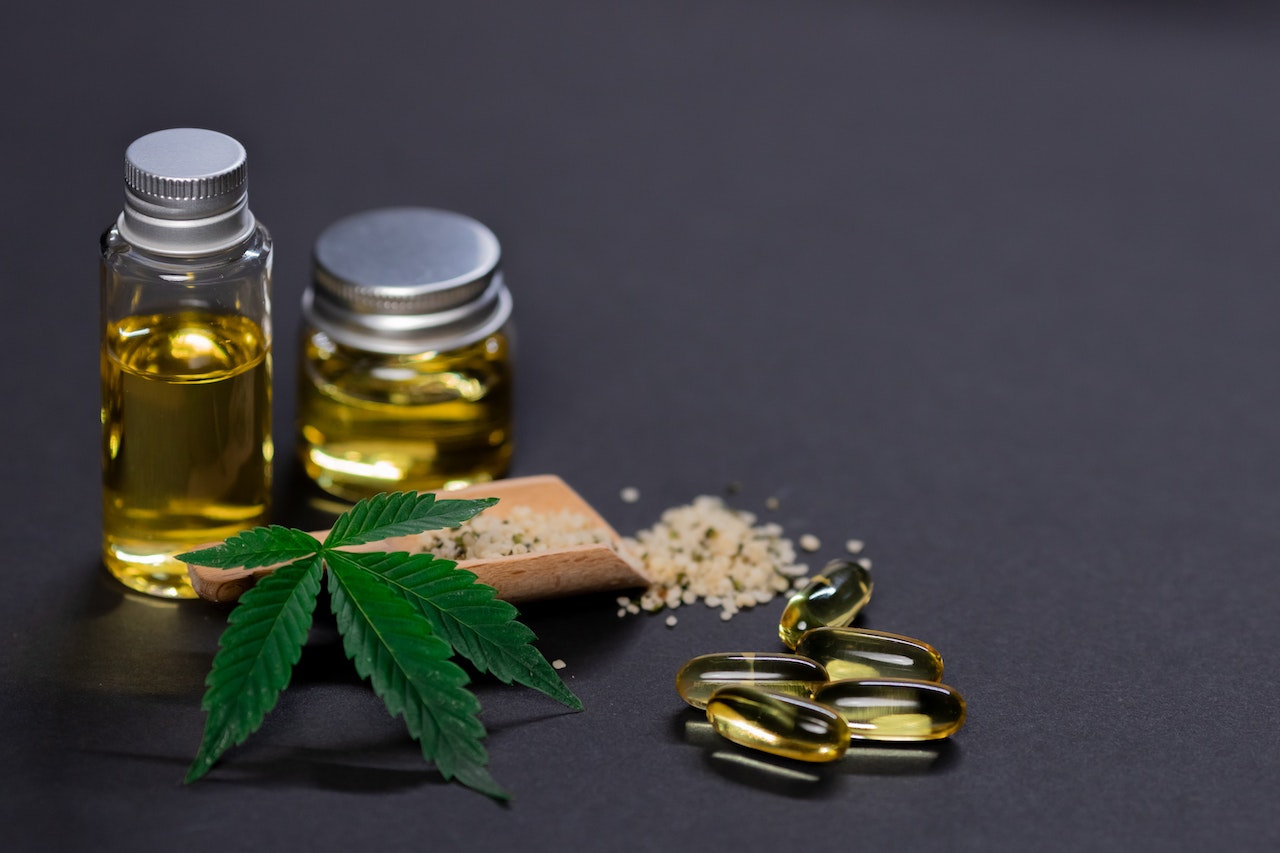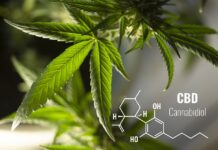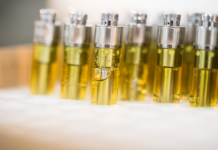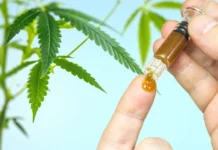Perhaps you have heard someone talk of CBD. This is especially true if you live with chronic conditions, such as anxiety or pain.
As some US states start legalizing recreational and medicinal cannabis, the market is enjoying an influx of the available CBD.
Regardless of this publicity, some people need to learn what CBD is, how it may help them, and whether it is legal. For more information, you can check this out.
What CBD Is
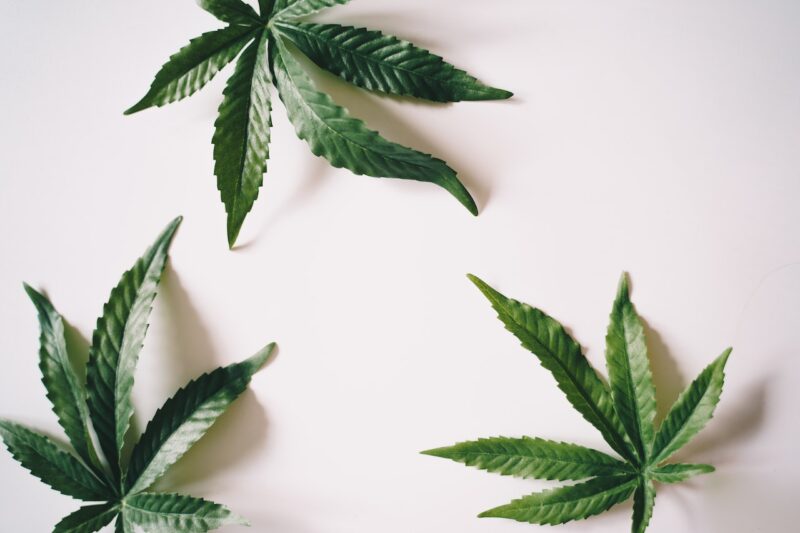
Cannabidiol (CBD) is among the many active compounds found in cannabis sativa plants, at times referred to as hemp or cannabis.
Although it is a vital component of medicinal cannabis, CBD remains a non-psychoactive compound. This means it doesn’t cause any sensation of being high, which is commonly linked to cannabis.
Too much doubt about cannabidiol stems from confusion about its connection to THC. Tetrahydrocannabinol (THC) is another compound in hemp plants. It is responsible for the psychoactive impacts of cannabis.
Hemp plants have a low level of tetrahydrocannabinol. That makes them more suitable sources for producing CBD extracts. Through some extraction processes, tetrahydrocannabinol gets eliminated to create what is referred to as a zero-THC formula.
How It Works in the Body and Brain
Your body has receptors, which interacts with cannabinoids, including CBD. These receptors consist of ECS (endocannabinoid system), which is a signaling system that ascertains your body maintains homeostasis.
In other words, ECS keeps you in balance by directing communication traffic in the body. Cannabinoids, like CBD, often interact with ECS, imitating natural compounds that your body produces.
In your body, cannabidiol influences the activity of cannabinoid receptors and stimulates the production of natural endocannabinoids. CBD also impacts activity beyond ECS and interacts with serotonin, dopamine, and opioid receptors.
This ability of cannabidiol to interact with different systems in your body shows that it has the capability of opening new frontiers in the following:
- Medicine
- Psychiatry
Is Cannabidiol Legal?
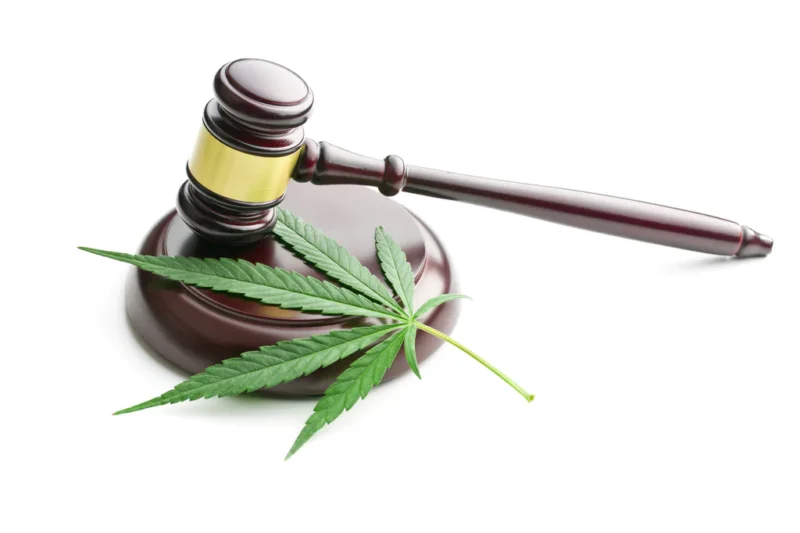
You are going to come across claims that cannabidiol is legal in every 50 states in the US. Some sellers say that cannabidiol is not a drug version of marijuana and is not subject to the same drug laws as medicinal cannabis is.
You will also read that some retailers are allowed to ship products anywhere they want in the US and in 50 additional countries. Because it is considered a dietary supplement, you may find it in health food stores, marijuana dispensaries, and online.
CBD products are new supplements. And when new things come to the scene with a perceived crossover with something which is demonized and well-known, such as cannabis, you will end up with a big ol’ gray area you can contend with.
So the question is, are you going to be busted? Well, this depends on the employer, cop, and state. Mostly, law enforcers have a big fish to fry compared to those dudes rubbing oil on their shoulders for bursitis.
Ways of Taking CBD
There are several ways of taking CBD. Topical solutions, such as lotions, don’t have the same homeostasis degree. This is because of the difficulty that those lotions have when getting through your skin’s water barrier.
Oral CBD solutions, such as food and drinks, are also popular options, especially for beginners who don’t like the idea of sublingual options. Edibles are discreet and much easier to consume, not to mention they come in different forms and flavors.
Edibles also have long-lasting effects, which may last for around 8 hours. Apart from this, consuming CBD edibles is a perfect way to get your everyday dose of cannabidiol without worrying about dealing with the taste of oils/tinctures and measuring dosages.
Health Benefits of CBD
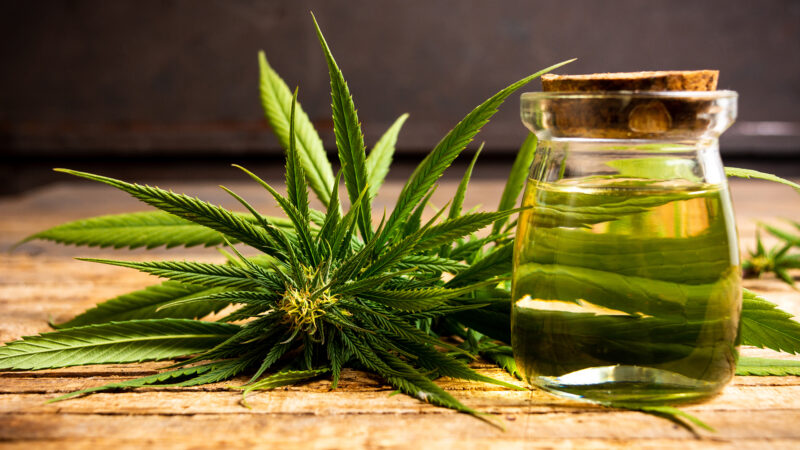
Cannabidiol is well-known for offering vast health benefits for both men and women when it interacts with your body’s ECS. Some of these health benefits include the following:
1. Improve Sleep
Among the popular health benefits of CBD is that it helps to improve sleep quality. Perhaps you have heard of some individuals taking CBD products before going to sleep and wondered why.
Well, most individuals report feeling relaxed after they take a daily dose. Among the greatest effects of taking CBD is the feeling of calmness. This leads to an easier time to fall asleep and rejuvenate rest.
2. Deal with Pain and Inflammation
Living in pain may profoundly affect your mood and outlook, even if it’s just for a short time. Most conditions are primarily characterized by pain and inflammation. And in some situations, inflammation plays an important role.
For instance, when an injury causes your condition, inflammation will signal your body to form a protective barrier around the injured part. This ensures that you heal properly.
However, if inflammation becomes chronic, you may start experiencing debilitating effects. Diabetes, arthritis, and some mental health problems are characterized by chronic pain and inflammation.
In the case where a definitive cause is not found, a list of general side effects may occur. These may include digestive troubles, interrupted sleep, and chronic fatigue.
This is where CBD may come in handy. Experts believe that ECS has immunomodulatory effects. And according to healthcare experts, CBD can regulate ECS by an extension of having anti-inflammatory effects on a patient’s body.
3. Regulate Mood
Some studies show that CBD may help relieve systems linked to anxiety as well as other mood disorders. These disorders may include PTSD, obsessive-compulsive disorder, social anxiety disorder, and panic disorder.
The same studies also suggest that CBD achieves this by interacting with serotonin receptors in a patient’s brain in such a manner that it may help with treating depression and regulating mood.
4. Treat Epilepsy
The first Food and Drug Administration approved Epidiolex, a drug containing cannabidiol, to treat two types of epilepsy. These include Lennox-Gastaut syndrome and Dravet syndrome. Some studies also show that the drug effectively reduces the frequency of seizures.
Final Say!
It seems that cannabidiol helps a lot with many ailments people face daily. And doctors also seem to trust CBD more as time goes by. While it is hard to conclude that CBD is 100% a modern-day medicine, soon it will be.

